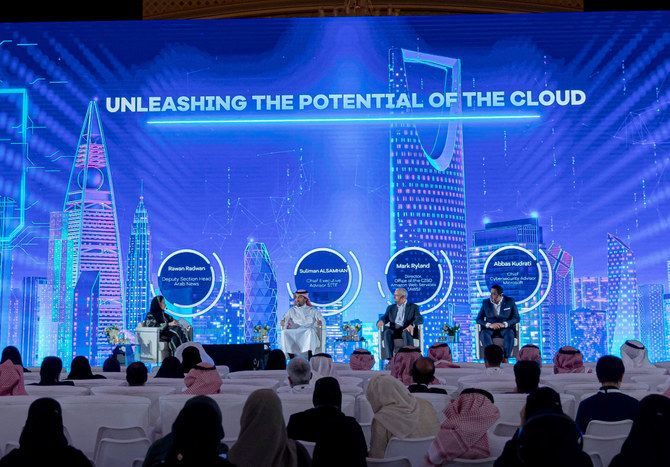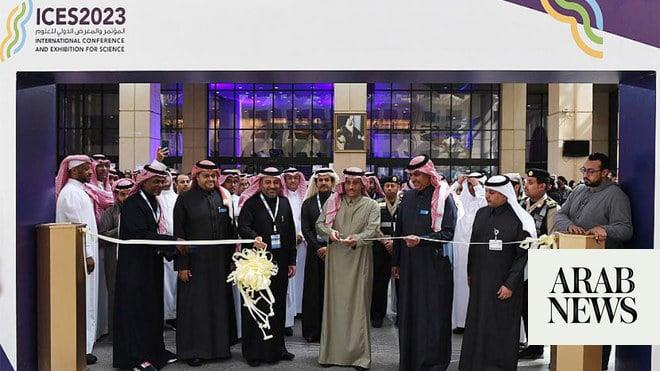
RIYADH: Experts on Thursday discussed the impact and approach toward investments and sustainable finance at the Future of Education, Science, and Culture International Organizations Forum in Riyadh.
The session, titled “Impact Investors — Expanding the Ecosystem,” was moderated by Rebecca Eastham, and featured speakers Andre Bennin and Sabah Al-Binali.
Companies were increasingly steering away from traditional models of investment in what Eastham described as a changing landscape of venture capital and public-private partnerships with a twist.
Al-Binali, executive chairman of OurCrowd Arabia, spoke about investment in products and services that will support global health equality in low-income countries.
He noted how a medical company that his VC platform had invested in created an affordable oral booster shot for COVID-19.
“Now this will take the current high-income countries by storm but it’s great also for the low- and middle-income countries. So, for us it is a more holistic approach,” Al-Binali said.
On his collaboration with the WHO Foundation, he added: “I helped open their (WHO Foundation) eyes and how looking at the Gulf in particular, as a landing pad for not just MENA (Middle East and North Africa region), but Africa and Southeast Asia is what got them thinking about what works here, what doesn’t work, how do we change our strategy, and that led to these conversations.”
Bennin, who is a managing partner at Rethink Education, said: “In terms of impact investing, a lot of folks describe it as the process of making investments with the idea of generating social and environmental returns in addition to financial return.
“At the core, what we do, is mission-driven investments. We want to make that the specific key in our firm. Our goal is to be able to unlock human potential in every individual customer flow and by doing that we put capital to work in companies that are tech enabled in education,” he added.
Bennin pointed out that Rethink Education had three investment verticals, namely PreK-12 (covering kindergarten through to 12th grade), higher education, and workforce with lifelong learning.
“We invest across the full spectrum of education, so we go from early childhood all the way up to workforce and lifelong learning now,” he said.
More than 96 million learners were served in 2021, with 23 million being from under-represented backgrounds and a socioeconomic standpoint, Bennin added.
“We invest in the most vulnerable learners and from the most underserved populations.”
Quoting Princess Haifa Al-Mogrin, Saudi Arabia’s permanent representative to UNESCO, he said: “How can you reduce poverty without education?”












